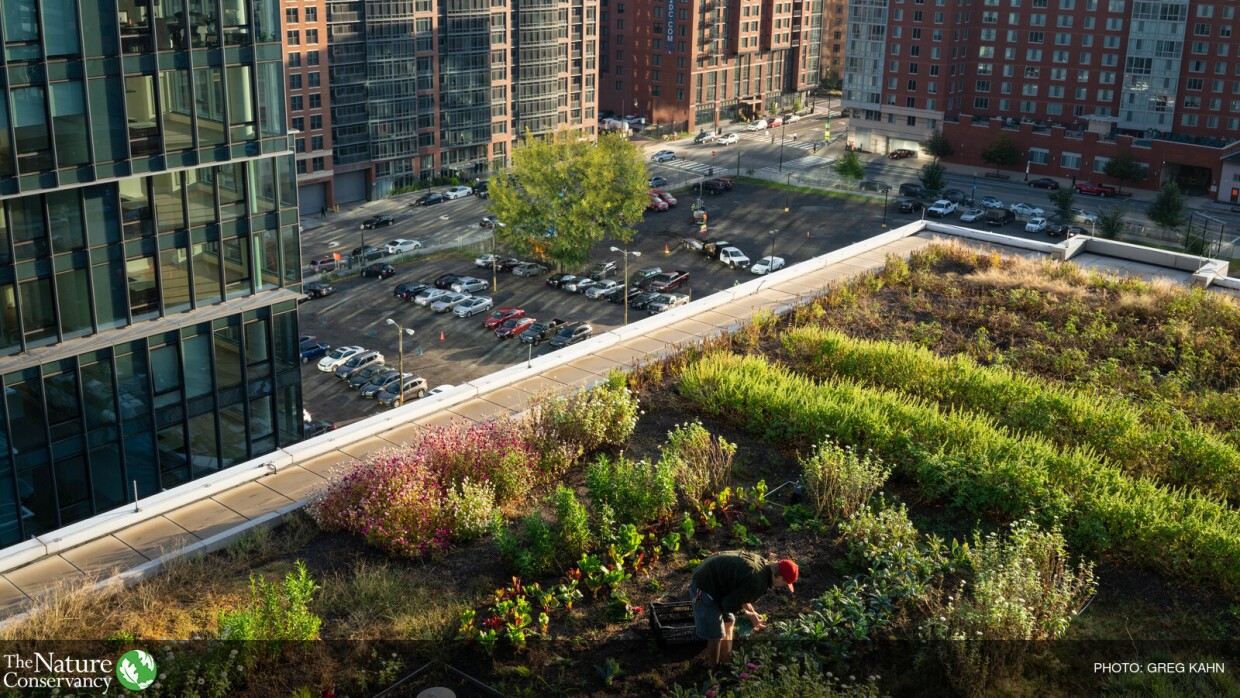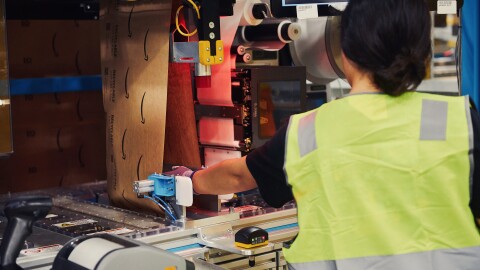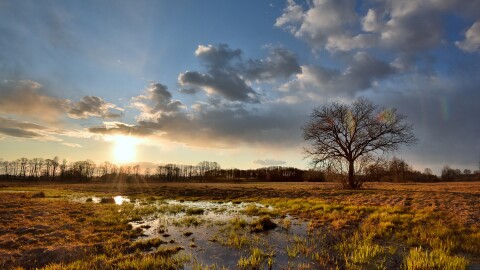Following The Climate Pledge commitment, and recognizing the urgency of the climate crisis and its impacts on urban communities, Amazon announced a €3.75 million commitment to The Nature Conservancy in an effort to reduce climate change risks and increase species biodiversity in cities. The project will start in Berlin. Learnings will be applied in two other German locations, and then these models will be shared across other European cities.
This is the first project outside the U.S. from Amazon’s $100 million Right Now Climate Fund to support its Climate Pledge commitment to be net zero carbon by 2040 – 10 years ahead of the Paris Climate Agreement. Amazon’s commitment will fund The Nature Conservancy’s Urban Greening program, which uses nature-based solutions to help cities become more climate-change resilient. The program will collaborate with city officials and local community organizations to create and implement plans for:
· reducing flood risk by improving rainwater retention through tree planting, revitalizing urban wetlands, and adapting existing green spaces,
· reducing extreme heat and pollution by leveraging unused public spaces to plant trees and improving urban water bodies, and
· increasing urban biodiversity by introducing pollinator-friendly species, climate resilient plants, and urban grasslands.
Urban greening model to be shared across European cities
The program starts in the Charlottenburg-Wilmersdorf district of Berlin and uses a science-based, municipality-wide, and stakeholder-based approach to urban greening to ensure that projects are complementing existing local efforts. Two additional German cities will be chosen, in which the initial learnings from Charlottenburg-Wilmersdorf will be applied. By the end of the five-year project, The Nature Conservancy also aims to create and share a guide to urban greening that other German and European municipalities can use.
Ralf Kleber, Vice President and Country Manager for Amazon Germany, explains: “In addition to all our efforts in the fight against COVID-19, we must also maintain our efforts to protect the planet. The Nature Conservancy and its municipal partners will apply a science-based approach to developing a model that can be applied more broadly across German and European cities. As the program progresses, we will measure the impacts to ensure that the actions result in tangible benefits to urban residents, such as more hectares of greened space, greater counts of wild bees and other pollinators, more cubic liters of storm water safely managed, and lower average surface temperatures.”
Cities are in the front line in fight against climate change
In recent years, Berlin has repeatedly experienced extreme weather, and people have been affected by intense heat waves and floods. The natural climate solutions in this urban greening program will help to reduce these impacts while at the same time increase biodiversity and citizen well-being. Dr. Kerstin Pfliegner, Germany Director of The Nature Conservancy, says: “Our research shows that nature can offer cost-effective options for resilience in this changing environment. We believe that cities play an important role to lead on climate action at the local level in the coming decades.” Oliver Schruoffenegger, City Councilor in Berlin Charlottenburg-Wilmersdorf adds: “Cities like Berlin are on the front line in the fight against climate change. I welcome the commitment of The Nature Conservancy and Amazon to work together with the city of Berlin in our efforts to become greener. I look forward to working with both partners and local communities to define the best programs for our districts.”












